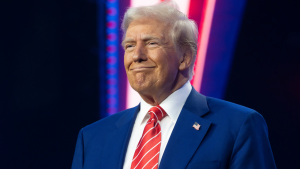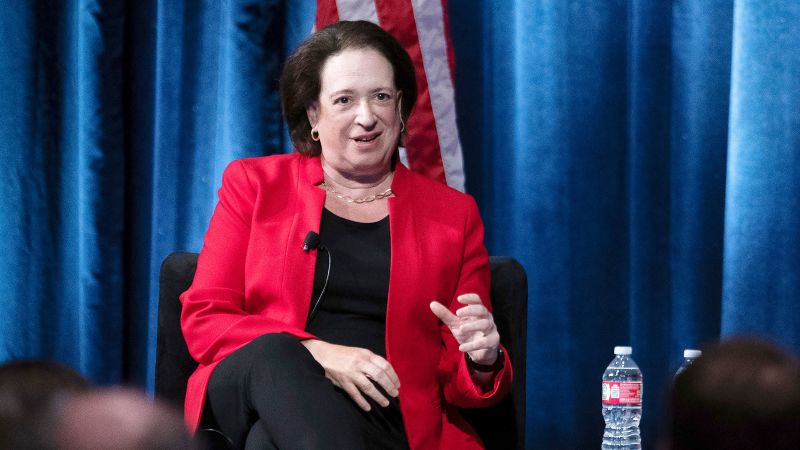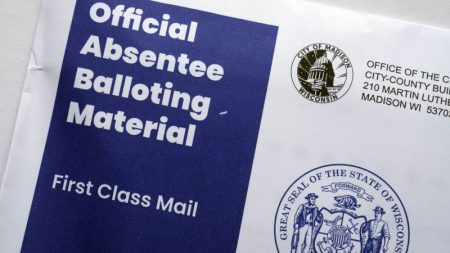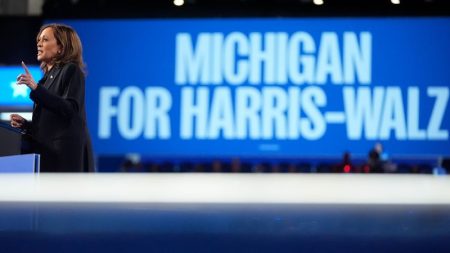Justice Elena Kagan pushed back on Monday against critics of an enforceable code of ethics for the Supreme Court, telling an audience in New York that it would help ensure confidence in an institution that polls show has lost the trust of many Americans.
“It seems like a good idea in terms of ensuring that we comply with our own code of conduct going forward in the future,” the liberal justice said an event at the New York University School of Law. “It seems like a good idea in terms of ensuring that people have confidence that we’re doing exactly that. So it seems like a salutary thing for the court.”
Kagan embraced the general idea of an enforceable ethics code in July at a judicial conference in California, noting that she supported the new code of conduct the court announced months earlier but added it would be more effective if it didn’t leave enforcement up to the individual justices.
President Joe Biden formally called for an enforceable code of conduct in late July, which came in response to a series of ethics scandals involving justices accepting – and not disclosing – private jet travel and posh vacations from GOP donors. Ethics reforms have met with stiff resistance from congressional Republicans, who view the effort instead as a response to a series of conservative outcomes in closely followed cases.
A Marquette Law School poll in August found that 57% of Americans disapprove of the court, compared with 61% who felt that way two years ago. Nearly 6 in 10 respondents in the latest poll said the justices’ decisions are motivated mainly by politics, compared with 43% who believe their decisions are based mainly on the law.
Kagan, nominated by President Barack Obama, brushed off a report in ProPublica this month documenting criticism from the head of a religious legal group who described Kagan’s embrace of an enforceable code of ethics as “somewhat treasonous.” Kagan quipped about the description “somewhat treasonous” – it either is, or it isn’t – before adding that she didn’t “want to dignify it any further.”
Justice Ketanji Brown Jackson, Biden’s first and only nominee to the high court, has also signaled support for an enforceable code of ethics.
“From my perspective, I don’t have any problem with an enforceable code,” Jackson, the newest member of the high court, told “CBS News Sunday Morning” in a recent interview.
“A binding code of ethics is pretty standard for judges. And so I guess the question is, ‘Is the Supreme Court any different?’” Jackson said. “And I guess I have not seen a persuasive reason as to why the court is different than the other courts.”
Kagan suggested that seemed like a reasonable way to hold the members of the court accountable.
“I think that there are plenty of judges around this country who could do a task like that in a very fair minded and serious way,” she said.
Kagan also reiterated concern that she and others on the court have expressed about an explosion of cases on the Supreme Court’s emergency docket. Noting that there were more high-profile emergency cases this summer than in past years, Kagan called it a “tough problem.”
The court’s emergency docket – the “shadow docket,” to critics – is where the justices deal with questions that need resolution faster than the months it can take to submit briefs, hear oral arguments and draft formal opinions on its regular docket.
The cases usually deal with the narrow question of what will happen as that underlying legal process plays out. But the orders can have significant and immediate real-world consequences.
“I think we have to … grant these emergency petitions with real restraint, understanding that it’s not where we do our best law,” Kagan said, adding that, on the other hand, there are times when “you just can’t leave something in place of great importance for three years.”
Read the full article here















